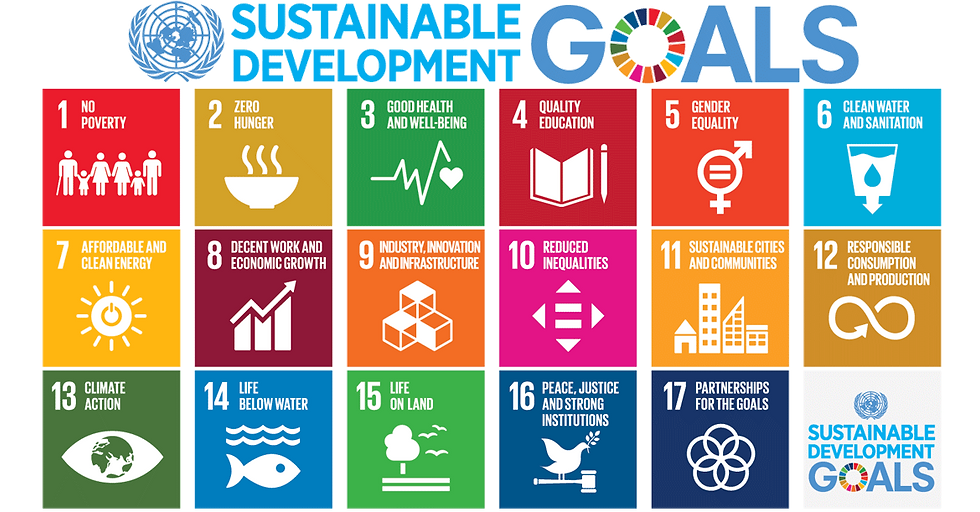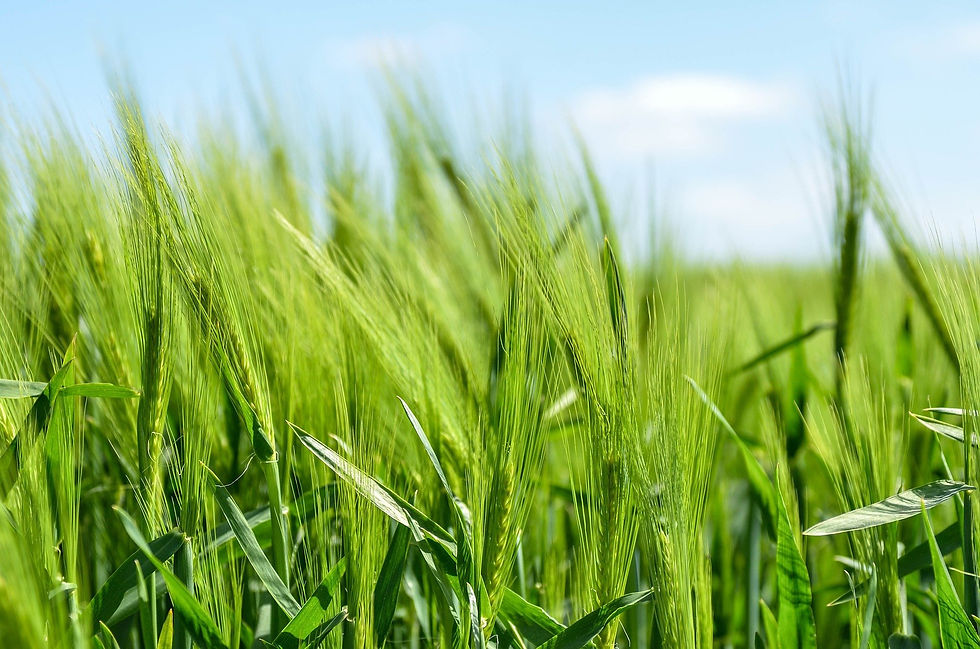Why reaching the SDG and improving HDI(Human development index) matters ?
- SIGMABIOL

- Sep 25, 2020
- 3 min read
Why do these goals matter? Focussing on these goals helps to draw people's attention, Prioritizing these goals at a global scale forces every country to work upon itself which will ultimately help in improving HDI even at lower scales such as states/cities.

Setting goals is important for many reasons. People and governments need to be oriented in one direction to fight poverty or to help achieve sustainable development, political leaders will be questioned publicly on the steps they were taking to end extreme poverty. But it is very hard in our diverse, crowded, and distracted community to mount a consistent effort to achieve any of our common purposes. Adopting these goals helps individuals, organizations, and governments worldwide to agree on the direction essentially, to focus on what really matters for our future.
Few goals need more attention than others depending upon the region we belong to. According to me, I believe that there a few things such as Poverty, hunger, climate change, and change in agricultural practices that matter most in Punjab(India). Poverty is a never-ending issue.

There are different levels of poverty such as some people are able to afford their meals but don’t have a place to stay, some can’t afford meals as well as living whereas others are born in poverty and are physically challenged, forcing them to live a life inherited by misery and poverty. They have no means that can help them meet their both ends. So, we can follow a few things to lower the rate of poverty of all forms, and eventually, our future generations might become poverty-free. First of all, the need of the hour is employment. To kick-start job growth, the state government should invest in job-creation strategies such as rebuilding our infrastructure, renovating abandoned housing, developing renewable energy sources, and making other common-sense investments that create jobs and boost our state’s economy.· Human resource development requires greater investment in educational facilities such as schools to promote literacy, technical training institutes, and vocational colleges to impart skills to the people. Further, human resource development requires health care by public investment in Primary Health Centres, dispensaries, and hospitals.

Higher temperatures and unreliable rainfall make farming difficult. Climate change not only impacts crop but also livestock, forestry, fisheries, and aquaculture, and can cause grave social and economic consequences in the form of reduced incomes, eroded livelihoods, and adverse health impacts. Support better decision making on farms through advances being made in data collection, connectivity, and computing power. These advances need to be applied more directly on-farm providing better data and analysis on agricultural systems, helping farmers to choose the most efficient practices and inputs and respond to changes in weather and markets with greater effectiveness. Educate consumers about the environmental, social, and financial value of food.

The Human Development Index (HDI) is a summary measure of average achievement in key dimensions of human development: a long and healthy life, being knowledgeable, and have a decent standard of living. By achieving SDG's we will gradually improve the HDI. Educational and health investments accelerate the demographic transition, and the emphasis on economic growth shifts toward a broader emphasis on human well-being. This ultimately leads to the achievement of SSP1(Socioeconomic pathway 1 ) i.e higher per capita income, the best-case scenario for the climate, etc. Driven by an increasing commitment to achieving development goals, inequality is reduced. Consumption is oriented towards low material growth and lower resource and energy intensity.





Comments